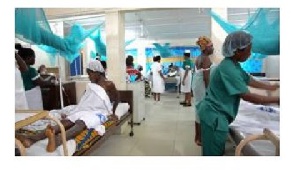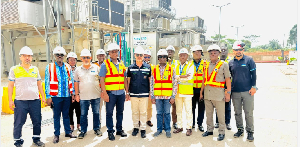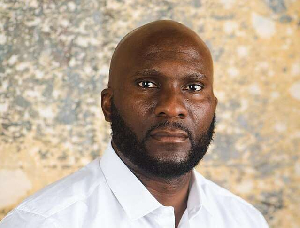Hospitals in the Ashanti region are calling for a review of the capitation system of payment under the National Health Insurance Scheme (NHIS).
The region began the payment system in 2012 when NHIS card holders were asked to choose a primary health care provider for an upfront payment of predetermined amount of claims.
But the immediate past president of the National Health Insurance Providers Association, Sylvester Kankam Boateng laments that the amount of two cedis GHC2 per patient is not sustainable and is crippling their facilities.
Speaking to Ultimate News’ Ivan Heathcote – Fumador, he lamented that “capitation” has left health some facilities with no choice than to operate the insurance scheme along with the cash and carry system.
He explained, some of us were getting 7 cedis for OPD services including picking of folders seeing a doctor in the consulting room and the utilities we use. But this has been taken off and we only receive 2 cedis and even that, it is based on the numbers registered and attached to your facilities in these current times.”
“This has remained for the past four years. Do you know the inflation, how much we are paying for utility, over 60% increments here and there and electricity has trippled yet we are still getting the same two cedis,” an obviously troubled Mr. Kankam poured out.
He emphasized that health facilities want the system either scrapped or the amount of 2 cedis per patient reviewed upwards to reflect present market rates.
He also expressed frustration about the delays in paying claims disclosing that health providers have not received claim payments for up to ten months forcing some out of operation.
Mr. Kankam Boateng further called for the NHIA to step up its surveillance and tracking systems to plug the gaping holes of false claims draining the limited resources of the NHIA.
Health News of Friday, 10 February 2017
Source: ultimatefmonline.com













